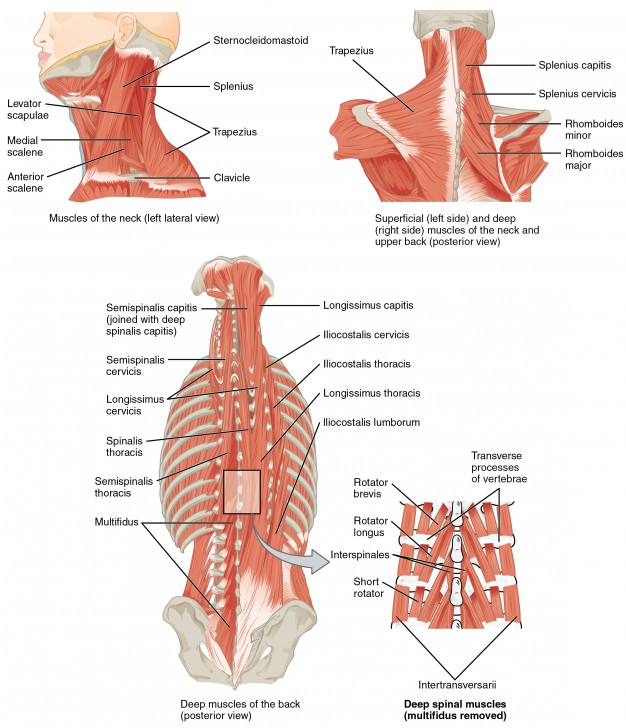Tinnitus is a condition that involves constant ringing in the ears. This condition can be very mild or it can be very severe, and in some cases even interfere with one’s overall hearing. Tinnitus itself is not a disease or illness but rather is a symptom of another underlying cause, typically damage to the inner ear or any of its small parts. It may also be the result of illness, age, or even problems in the neck.
While not serious, tinnitus can get worse over time or it can be improved if the underlying cause of this ringing is addressed. Damage to the inner ear can be fixed with surgery, and medications can alleviate the discomfort and ringing. If the tinnitus is the result of neck pain or other problems, addressing these issues can also help to alleviate tinnitus.
Connection Between Neck Problems and Tinnitus
Because there are so many causes of tinnitus, it’s often difficult for doctors to understand why sufferers hear this ringing, buzzing, clicking, or other such noises that are common with the condition. In some cases, damage to the nerves around the ears can cause the brain to hear phantom sounds or cause the nerve endings to be constantly stimulated.
Neck problems can also cause tinnitus as the neck and shoulders along with the lower areas of the skull and jaw are connected to the auditory nerves. The neck serves to support the head and the skull bones, and damage to these areas can cause the sensation of tinnitus. Neck injuries or damage can cause problems with the temperomandibular joint or TMJ, the joint on the side of the head in front of the ears, and this in turn can cause tinnitus. If the neck is not supporting the head properly, this joint can get damaged or worn and in turn, a person can experience tinnitus.
Neck injuries can also result in injuries to the nerves of the ear as these nerves run from the inner ear through the neck and to the motor cortex. If a person suffers a neck injury they may not connect this with resultant ear damage, but these nerves are protected by the muscles of the neck and when they are compromised, tinnitus may result.
Tumors and other illnesses in the neck can also damage or affect these auditory nerves and in turn, result in tinnitus.
Treating Neck Problems and Tinnitus
As said, tinnitus is not a disease itself but a result of other conditions so addressing these can help to alleviate symptoms. Tumors of the neck can be removed with surgery or treated with radiation therapy, as per a doctor’s advice. Often damage to the TMJ can be addressed with rest or medication.
Other neck injuries may also require rest so that the auditory nerves that have been damaged can also heal. There are treatment options available when tinnitus is the result of neck injury but understanding these causes of the condition is the first step.
